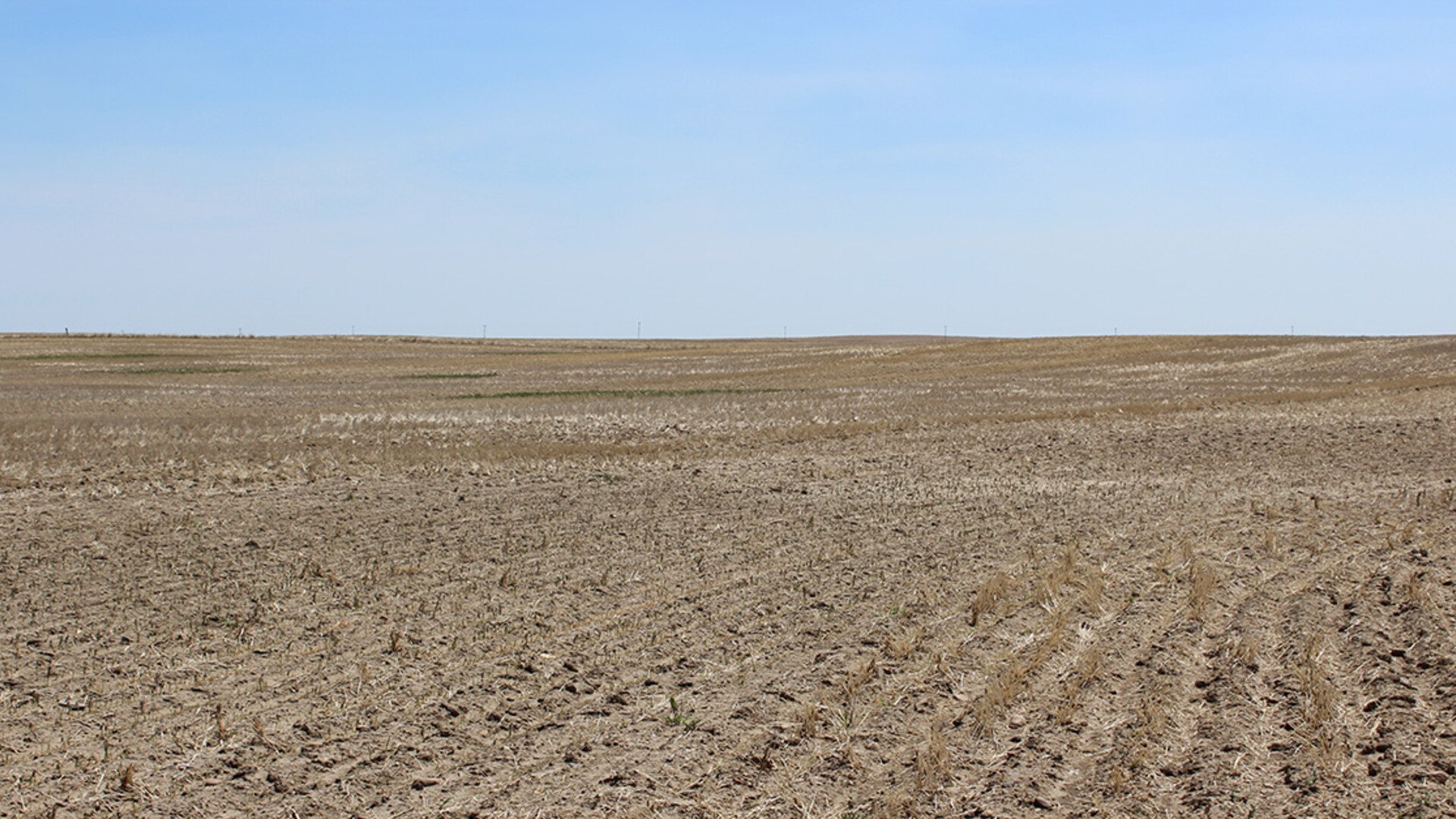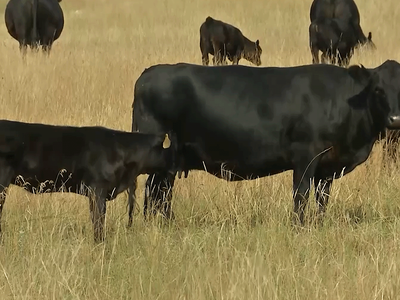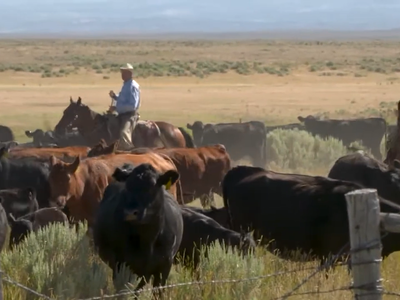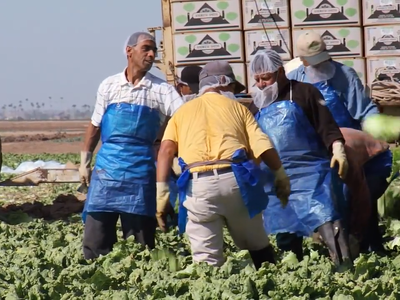RMA Extends Deadlines, Waives Interest Deferral for Emergency Drought Relief
The U.S. Department of Agriculture (USDA) announced its Risk Management Agency (RMA) will authorize Approved Insurance Providers (AIPs) to extend deadlines for premium and administrative fee payments, defer and waive the resulting interest accrual and allow other flexibilities to help farmers and ranchers through widespread drought conditions in many parts of the nation.Producers now have additional time to pay premium and administrative fees, and interest will be waived for 60 days or the termination date on the policy, whichever comes first. RMA also authorized AIPs to waive interest for an additional 60 days for Written Payment Agreements due between August 1 and September 30, 2021.
“Farmers and ranchers are weathering tough drought conditions this year, and we want to help ease the burden by extending payment deadlines and deferring interest accrual,” RMA Acting Administrator Richard Flournoy said. “USDA is using all of the tools in the toolbox to help producers amid the drought, including these crop insurance flexibilities.”
These new crop insurance flexibilities are part of USDA’s broader response to help producers impacted by drought. On July 13, 2021, RMA authorized emergency procedures to help streamline and accelerate the adjustment of losses and issuance of indemnity payments to crop insurance policyholders in impacted areas. Additionally, RMA updated policy on July 6, 2021, to allow producers with crop insurance to hay, graze or chop cover crops at any time and still receive 100% of the prevented planting payment. This policy change supports use of cover crops, which can help producers build resilience to drought.
Additional Drought Assistance
USDA’s Natural Resources Conservation Service (NRCS) provides technical and financial assistance to improve irrigation efficiency and water storage in soil, helping producers build resilience to drought. In response to drought this year, NRCS targeted $41.8 million in Arizona, California, Colorado and Oregon through Conservation Incentive Contracts, a new option available through the Environmental Quality Incentives Program, focused on drought practices.
FSA and NRCS also offer a broad suite of programs available to producers to help recover losses from drought. Disaster assistance programs and loans are available to help producers offset losses and get financing to help with recovery. Producers should visit farmers.gov, where they can use the Disaster Assistance Discovery Tool or Disaster-at-a-Glance fact sheet to learn more about program or loan options.
More Information
RMA staff are working with AIPs and other customers by phone, mail and electronically to support crop insurance coverage for producers. Farmers with crop insurance questions or needs should contact their insurance agents about conducting business remotely (by telephone or email). More information can be found at farmers.gov/coronavirus.
Crop insurance is sold and delivered solely through private crop insurance agents. A list of crop insurance agents is available at all USDA Service Centers and online at the RMA Agent Locator. Learn more about crop insurance and the modern farm safety net at rma.usda.gov.
USDA touches the lives of all Americans each day in so many positive ways. In the Biden-Harris Administration, USDA is transforming America’s food system with a greater focus on more resilient local and regional food production, fairer markets for all producers, ensuring access to healthy and nutritious food in all communities, building new markets and streams of income for farmers and producers using climate smart food and forestry practices, making historic investments in infrastructure and clean energy capabilities in rural America, and committing to equity across the Department by removing systemic barriers and building a workforce more representative of America. To learn more, visit www.usda.gov.
Source: USDA

















